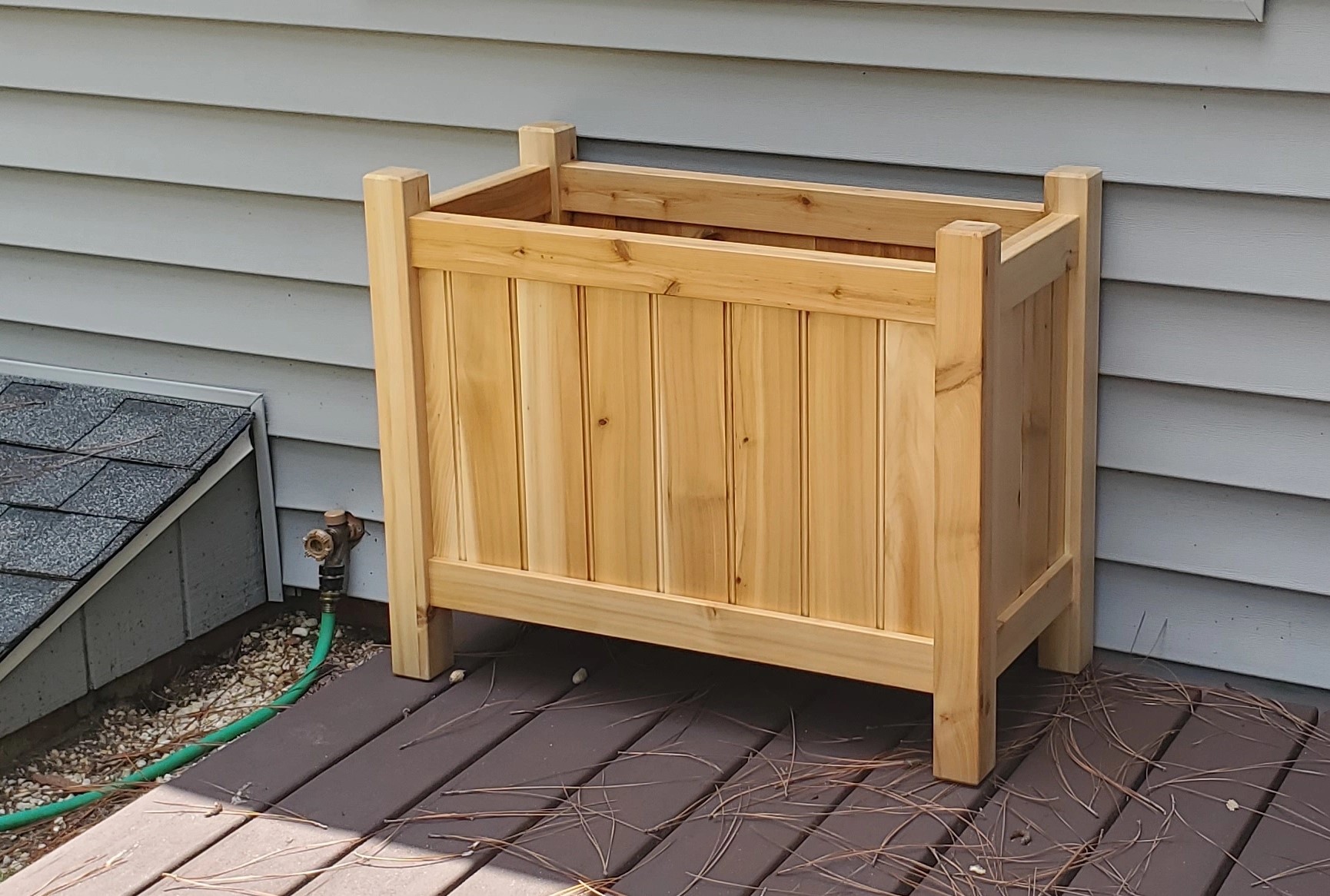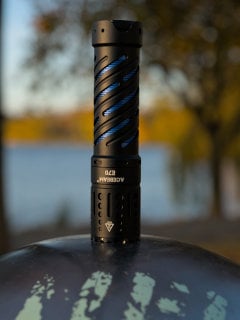

Feedback: your actual questions start about 2/3 down your post. Lead with them next time so we know how to answer better :)
it’s really hard to apply my city-living experience to try to extrapolate what life might be like if I make a goal to buy a small home in Nowheretown, USA to retire in 20 years down the line
We have younger kids, live in a lower cost of area, and bought our house in 2011. Excluding frivolous categories, our top expenses are:
- Saving for our retirement. Between our 401ks and IRAs, this is our biggest expenditure by quite a bit
- Food. We don’t eat out a ton, but also don’t do a great job of eating low cost. Feeding four is also fun, we can’t wait until they’re teens. This category is not much ahead of #3 though
- Our mortgage (it’s a 30 year and taxes, insurance, principal, and actual mortgage are $1,250/mo)
- Saving for our kid’d potential college tuition
Once the kids are out and we’re retired categories #1 and #4 go away, category #2 will probably get cut in half, and our taxes and insurance are currently well under $4,500/year. Speaking of taxes, mine are capped at a maximum increase of 5% or inflation, whichever is lower. With the housing run-up this has worked out in our favor.
Home expenses are a thing. It’s hard to say how much to budget for that though. Some of it depends on you (eg do you really need to renovate that bathroom in full), your taste, and your budget. I would expect a decent outlay every 5 years or so - roof, brick/siding/exterior work, furnace/ac, driveway etc. The more you’re willing and able to do yourself the better off you’ll be.
You don’t have to be in the boonies to live in a low cost of living area.









One other thought that occurred to me overnight: you might be asking about FIRE (financial independence, retire early). There are tons of strategies for going about that.
I would caution about moving toward “off grid” type scenarios. Your monthly costs will be less, but you will have significantly higher up front (if buying a new residence) and/or maintenance costs (if buying used and/or when you decide to sell). For example, our water and sewer bill is around $800/year. If anything outside the house fails, the utility company will fix it. My in-laws sold a home in NJ with well water and septic and had to replace their sceptic field before they were able to sell. That set them back somewhere between $30k and $40k. Depending on your goals it could be either an advantage or a disadvantage.